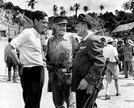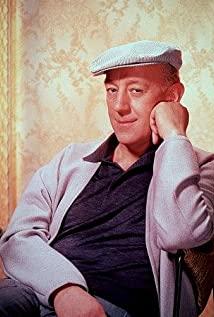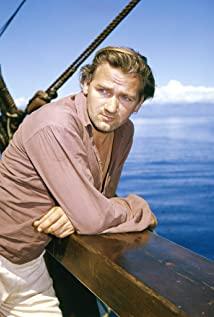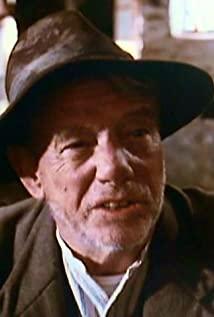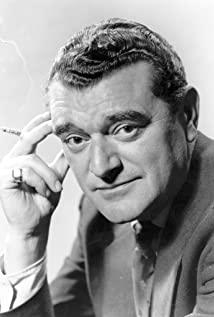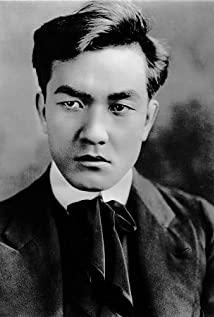The film "The Bridge on the River Kwai" focuses on three characters, one is Saito, a Japanese who is arrogant, the other is British Colonel Nicholson who organized his subordinates to build bridges in order to protect his subordinates, and the other is a fake ship American Hills who grew up in a POW camp. As a result of these three people, the first one is undoubtedly dead as a mortal villain; the second one also died, but why he died is very confusing; it is the third "false hero" ”, and finally became a “true hero” and died, but unfortunately, considering Colonel Nicholson, the audience may deduct a few points from his hero color.
I'm mainly talking about Nicholson and Hills.
What Nicholson wanted to show was a typical image of a British gentleman, who had to respect international law and do something, even as a prisoner. For this reason, he can protest to Saito for the dignity of the Geneva Convention, and after he is released from the confinement room, his subordinates must act like soldiers, not a group of prisoners who want to escape all day long. But here comes the problem.
True! If the colonel didn't bring his subordinates to work hard, resulting in the delay of the project, due to the perverted practices of the Japanese during the war and the harsh environment, Saito and the group of prisoners of war would all die. It can be said that Colonel Nicholson may have the influence of Stockholm syndrome, but it is more of a helpless choice and determined by his identity. Of course, his final hesitation and decision to lean over the bomb switch proved that he wanted to remain a gentleman without forgetting that he was a soldier.
Hills, this name does not belong to this person, he is just a technician on the USS Houston, pretending to be Major Hills as a prisoner, he wants to be treated better, but the tyrannical Japanese soldier does not care about international law, he So he got sick again very smartly - he has always been smart, even cunning, in the action of the squad, he has to be ambiguous with the Burmese girl, the crazy Japanese and the persistent Nicholson, in the In his eyes, all are lunatics. Of course, his strengths are also outstanding, he is very careful, and knows who can survive a harsh environment (the leader of the squad, Major Kent, knows how to special operations, but he is too bold, and he hurts his foot). But in the end, it was undoubtedly a big tragedy. When everyone understood what was going on, he was also killed by his own people.
One of the main themes of this film, my feeling is probably that the cruelty of war is very casual, no matter what you do, you can't escape death in the end, but what you do is always in a spirit form exists.
View more about The Bridge on the River Kwai reviews





